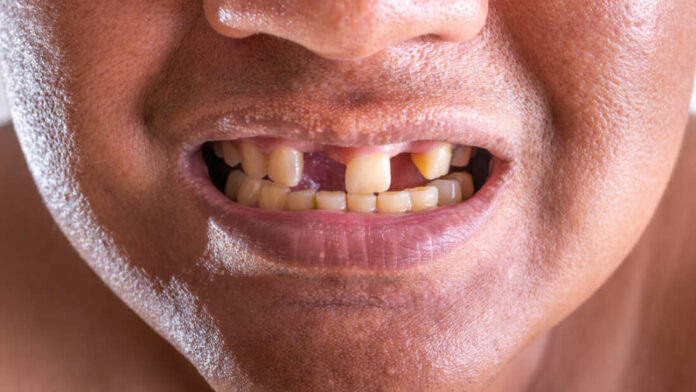Scientists in Japan have discovered a genetic treatment that can regenerate teeth; providing a promising alternate for dentures.
Although humans are born with a set number of teeth, with time one can lose them as a result of disease or age-related changes. Current treatments for tooth loss are limited to dentures, dental implants, and other artificial measures. However, these are often expensive and not a replacement for real teeth. Now, scientists from Kyoto University and the University of Fukui, have tested an antibody treatment targeting genes involved in tooth development. Their method could eventually help regenerate teeth in humans.
The team of researchers used genetically modified mice with congenital tooth agenesis. As a result, some of their teeth failed to develop. They then injected mice with monoclonal antibodies for USAG-1 gene (uterine sensitization associated gene-1). This particular gene inhibits the signalling molecules BMP and Wnt that are involved in tooth development. Therefore, with the antibodies researchers aimed to suppress the gene’s effect.
We knew that suppressing USAG-1 benefits tooth growth. What we did not know was whether it would be enough
Katsu Takahashi, lead author of the study

Source: Kyoto University/Katsu Takahashi
Experiment Works in Mice and Ferrets
Since the signalling molecules, BMP and Wnt also regulate the growth of multiple other organs in the body, an alteration in their functioning can result in serious side effects. Therefore, researchers investigated multiple monoclonal antibodies of USAG-1. Several of which led to birth defects and lower survival rates in mice. However, eventually, they discovered one that only prevented the gene from binding with BMP. As a result, they could regenerate teeth in mice without causing any side effects.
According to the study, a single injection of the antibody treatment led to the development of a new tooth in mice. Moreover, researchers noted similar results in ferrets. Next, the researchers aim to test the treatment in animals such as pigs and dogs.
Although the technique is yet to be tested in humans, successful results in ferrets (they have similar dental patterns as humans) suggests it can work in humans too.
Conventional tissue engineering is not suitable for tooth regeneration. Our study shows that cell-free molecular therapy is effective for a wide range of congenital tooth agenesis
Manabu Sugai, study author
The team published their findings in the journal Science Advances.
References:
Murashima-Suginami, A., et al. “Anti–USAG-1 Therapy for Tooth Regeneration through ENHANCED BMP SIGNALING.” Science Advances, vol. 7, no. 7, 2021, doi:10.1126/sciadv.abf1798.




